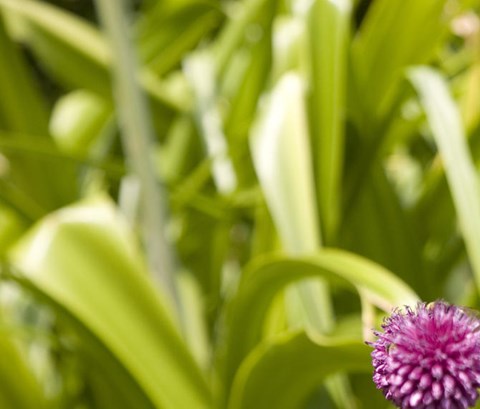
Sustainability
Sustainability
We are committed to protecting, creating and enhancing space for a diversity of human and non-human life and to help others do the same through our academic and operational expertise.
Environmental sustainability is one of the University’s four strategic guiding principles that are used to inform our decision-making. As Citizens of Change, our approach is holistic – from reducing our negative environmental impacts to increasing our positive handprint by engaging with local, national and international policymakers at all levels.